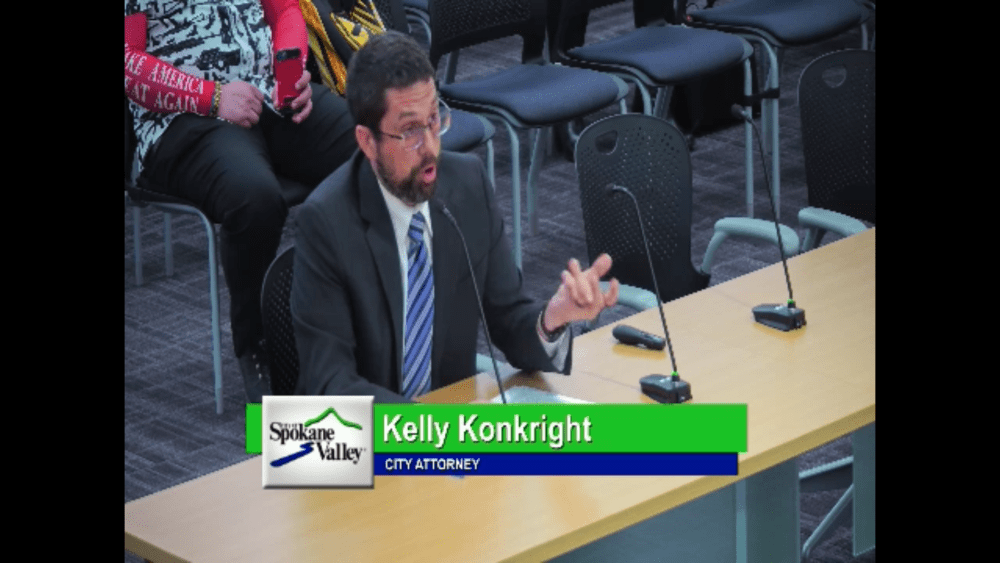(The Center Square) – “Hurt people hurt people.”
That’s how Rep. Tara Simmons, D-Bremerton, opened her statement Tuesday during floor debate on her sponsored legislation, House Bill 2001 to give convicted felons more rights when it comes to opportunities for resentencing.
“The fact that I’m here today speaking to you is a miracle,” she continued.
Simmons, who is the first convicted felon in the nation to serve statewide office, told House members, “I survived poverty, gun violence, domestic violence, trafficking, having a drug-addicted parent, incarcerated parents and more.”
“I know in my heart that this bill is a beautiful and healing masterpiece by doing something so simple as giving defense counsel the same right that a prosecutor has to bring a motion before a judge when a sentence no longer serves the interest of justice,” she said.Simmons then circled back to her opening remarks.“It is true that hurt people hurt people, but healed people heal people,” she concluded.
Rep. Gina Mosbrucker, R-Goldendale, was the first of more than a dozen GOP representatives to testify against the bill.
She began by objecting to the estimated $20 million dollar price tag in the bill’s fiscal note for additional public defenders.
“We think that the sentence is set, and we feel like we’re safe again,” she said, speaking for victims. “Then what happens with this bill is we go back and resentence even after the state of Washington has done what they can to find justice; we do it again.”
Rep. Michelle Caldier, R-Gig Harbor, also spoke against the bill.
“Hurt people actually don’t have to hurt people,” she said. “I believe our state’s priority should be to help those children, those survivors who have a chance. Not allowing people who have harmed those children to have a second chance, and not fulfill their term. This is wrong.”
Rep Greg Cheney, R-Battle Ground, told fellow House members that inmates already have the opportunity to shorten their sentences by up to one-third through good behavior and participation in education and other classes.
“Those incarcerated should be encouraged to take advantage of the services and benefits already offered,” he told lawmakers. “Most people don’t go to prison after a jury trial. They go to prison after accepting a plea deal. It’s a matter of contract where the defendant accepted the terms knowing how much time they would be doing and assuming they could earn that one-third time off for good behavior.”
He went on to say, “But this bill says, ‘I don’t like the way the contract I struck worked out, I don’t want it anymore, so please ,court, discharge that contract that I struck years ago.’”
The bill passed the full House on a party-line vote with 51 Democrats voting yes, and 46 Republicans voting no.
It now moves to the Senate for consideration.
Another measure sponsored by Simmons, House Bill 2065, passed the full House on Monday. It would allow judges to recalculate sentencing ranges for currently incarcerated individuals whose offender score was increased by juvenile convictions.
That measure also now moves to the Senate for consideration.





